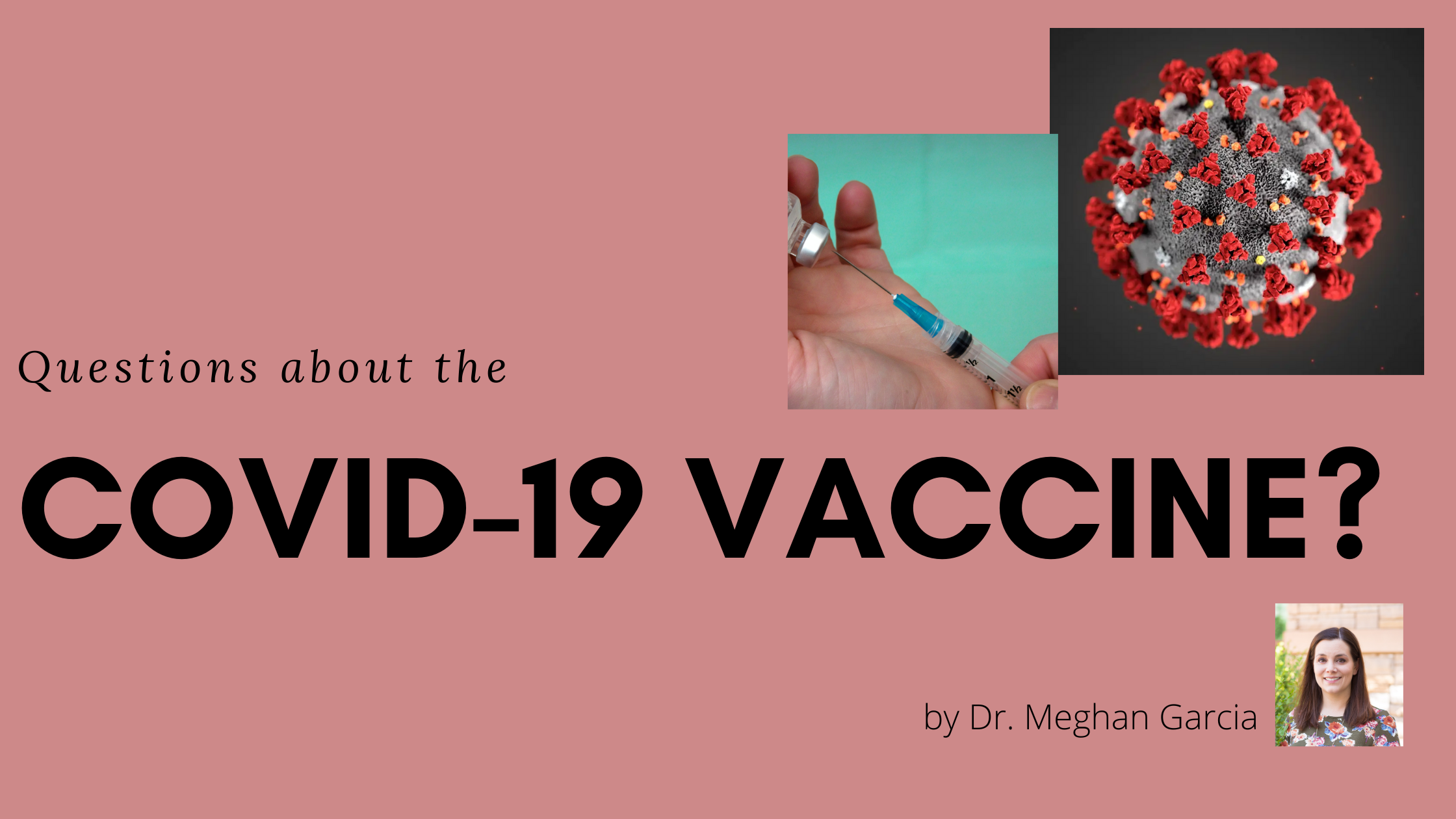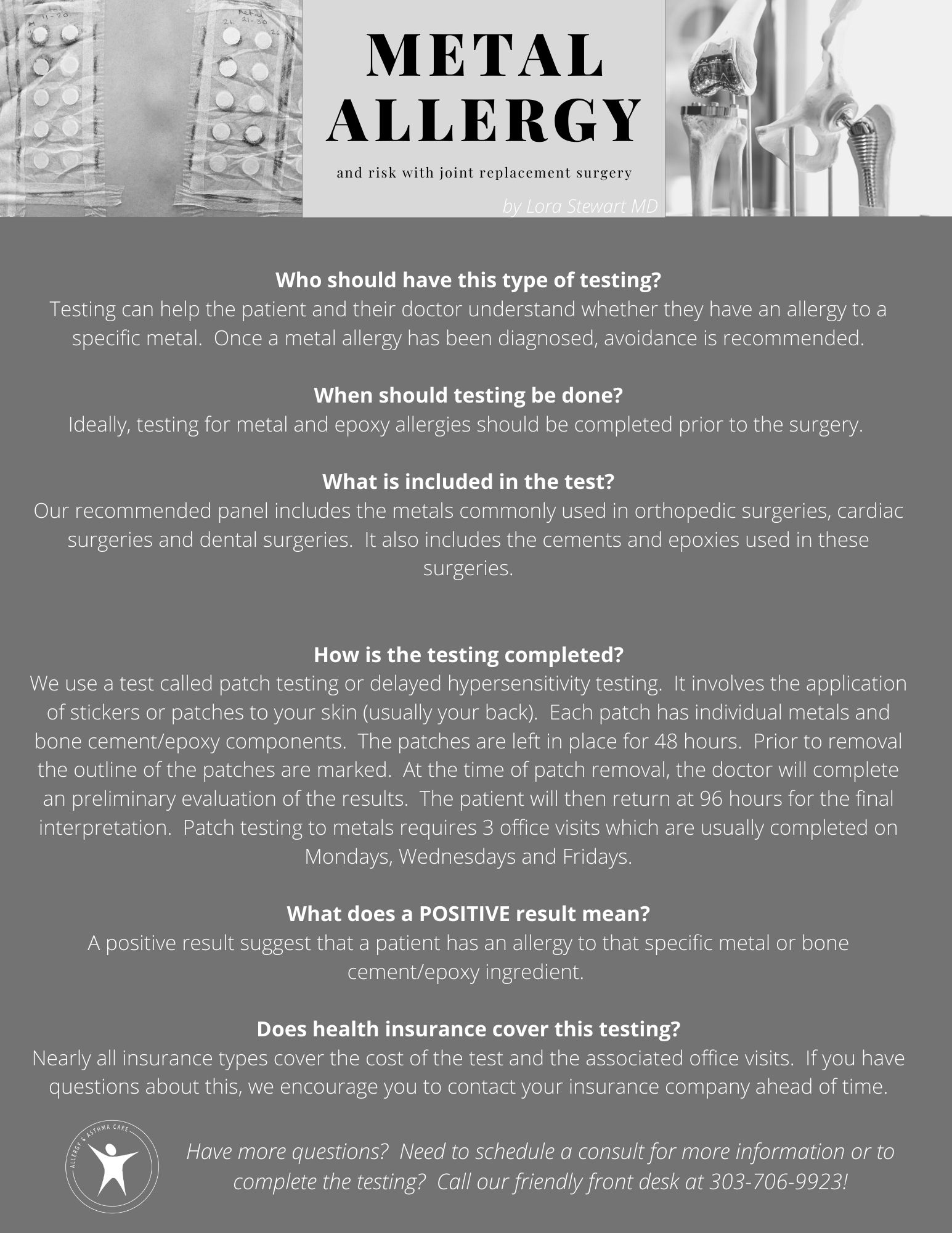
*The answers to these questions and the information available is constantly changing. We will make updates accordingly as soon as possible. We appreciate your understanding and patience in this fluid situation.*
Who is eligible for the vaccine(s)?
- The Pfizer vaccine has been approved for ages 16 and up. The Moderna vaccine has been approved for ages 18 and up.
How do the vaccines differ?
- Pfizer: 2 injections 21 days apart. 95% efficacy measured starting from 7 days after the second dose was administered.
- Moderna: 2 injections 28 days apart. 94.1% efficacy measured starting from 14 days after the second dose.
What are the most common side effects?
- Pain at the injection site, fatigue, headache, muscle ache, joint aches. Less commonly fever. These are signs of the immune system being activated. They are not a sign that the vaccine is unsafe.
What about those people who had severe allergic reactions to the Pfizer vaccine?
- There have been a handful of reports of severe allergic reaction after receiving the Pfizer vaccine. This was not seen in the clinical trial, and not all the details are known at this time. Locations administering the vaccine must have appropriate medical treatment to treat immediate allergic reactions. No such reports have been made with the Moderna vaccine.
Can I get sick from the vaccine(s)?
- There is no active virus in the vaccine that could make somebody sick. The vaccine uses mRNA to teach our immune systems to recognize and protect against COVID-19. To learn more about mRNA vaccines please see the CDC website.
Who should not get the vaccine(s)?
- Those who have a known history of severe allergic reaction to any component of the vaccine, or a history of severe reaction to the first dose of the vaccine.
Will I have a choice between the vaccine I get? If so which one should I choose?
- At this point, we expect that most people will not have a choice between which vaccine they receive. We recommend people accept whatever vaccine is available to them.
Will AACPC have the vaccine(s)?
- No, AACPC does not expect to receive any vaccine to administer. There are several sites in Colorado that have ultra-low temperature freezers required for Pfizer’s vaccine who will help administer and distribute the vaccine. We are unsure of how vaccines will be administered to the general public, but expect this information to be available in the next few weeks. We will be updating this post as we learn more.
Who will be vaccinated first?
- Frontline health care workers who have direct contact with COVID-19 patients as well as long-term care facility staff and residents will receive the vaccine first. Next moderate-risk health care workers and responders will receive the vaccine, followed by higher-risk individuals and essential workers, and finally the general public.
How long does protection last?
- It will take time to answer this question. It is not currently known how long immunity will last.
Once I have been vaccinated, can I go back to “normal”?
- It is unknown if either vaccine prevents asymptomatic infection. It is not known if vaccinated people can transmit the virus if they become infected but don’t themselves develop symptoms. Therefore, we recommend continuing to wear a mask and practice social distancing until more is known.
I have already had COVID-19 infection, should I still get the vaccine?
- Because there is evidence that immunity may not be long-lasting, the current recommendation is that all persons, once eligible, receive the vaccine. We do recommend that if you have current or active COVID-19 infection, that you wait until after the recommended isolation period to receive the vaccine.
Resources:
https://www.cdc.gov/vaccines/covid-19/index.html
https://covid19.colorado.gov/vaccine

